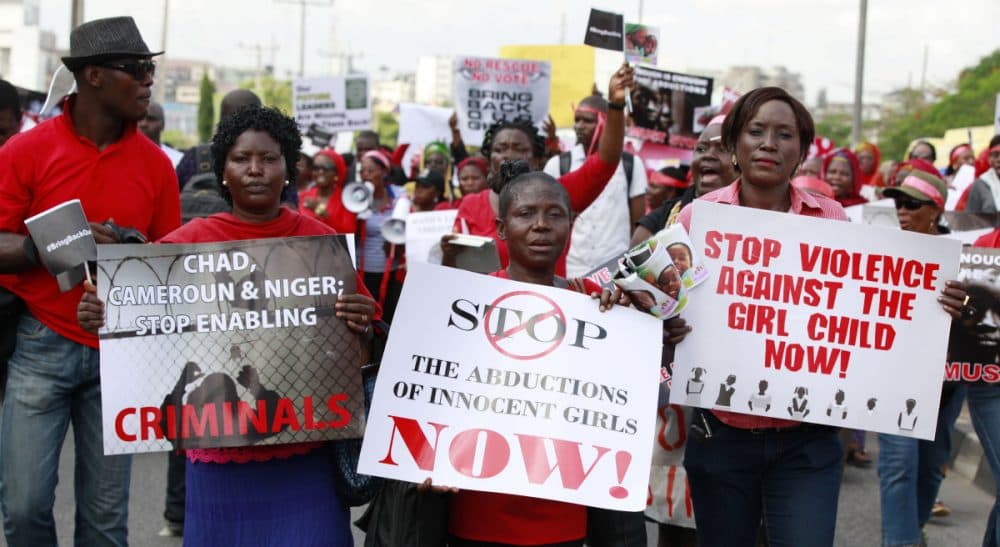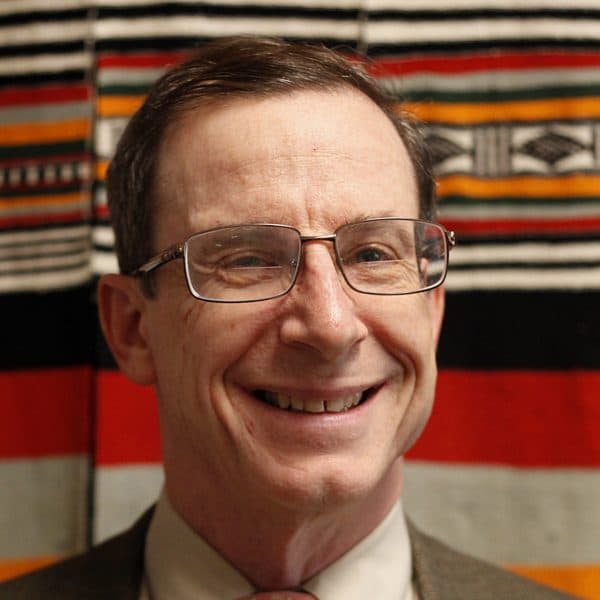Advertisement
Breaking Down 'Boko Haram'

I distinctly recall the moment when I first learned the word boko, now notorious as half the name of the Nigerian terrorist group Boko Haram. (“Haram” means “forbidden” or “sinful.”) I was living in a remote, rural borderland straddling the border between northern Nigeria and Niger Republic in the early 1980s, conducting research as a Fulbright scholar. The entire community was Muslim, and I was interviewing an imam in Hausa, the local language I had previously learned as a Peace Corps volunteer in the same region. Alhaji Harouna (the honorific Alhaji means “one who has gone to Mecca on pilgrimage”) was explaining the difference between makaranta alkorani — religious school, based on the Koran — and makaranta boko — government school, imparting secular education. In alkorani school, students learned to write and recite in Arabic; in boko school, it was the colonial, European language that dominated — English in the case of Nigeria, French in the case of Niger. As a religious leader and teacher, the imam naturally preferred Koranic school to boko, but he appreciated the utility of young villagers becoming literate in the official language of the country.
When I consulted R.C. Abraham’s authoritative “Dictionary of the Hausa Language,” I began to appreciate the ambivalence of the word boko, and the cultural baggage associated with it. For sure, some attribute the term simply to the English word “book.” But boko in Hausa also means “deceit” and “fraud.” In northern Nigeria, a bastion of Islamic religiosity, government schooling was long seen as a trick.
We need to ensure that when the words 'America' and 'boko' are linked in speech from now on, that the appropriate association is the one of books and education, not that other connotation of insincerity.
First introduced by the British, boko school was resisted by religious leaders who saw it as a trap to wean vulnerable and unsuspecting youth away from the religion of their forebears and towards the Christianity of the colonial overlords. Even after independence in 1960, many community leaders and family heads (inevitably fathers) in northern Nigeria suspected that boko education would lure their sons away from the proper values of respect and fear of God that constituted the touchstone of Hausa society. The very notion of girls being led down the corrupting path of boko raised hackles over premature, out-of-wedlock sex and general promiscuity. Most families in northern, Muslim Nigeria have come to terms with the inevitability, if not the desirability, of female literacy and education. Boko Haram represents a retrograde belief system and criminal enterprise that nevertheless taps into older prejudices towards secular schooling in general, and female education in particular.
Northern Nigeria has long been a backwater to which the United States has paid relatively little attention. Southern Nigeria, after all, is where the oil is; northern Nigeria produces peanuts, quite literally. Even though Nigeria has recently surpassed South Africa as the largest economy in Africa, most people in the rural regions of northeastern Nigeria — the stronghold of Boko Haram — subsist on less than $2 a day. Most children in Boko Haram territory, schooled and unschooled, face dim and grim prospects for the future. It is unfortunate that it has taken the despicable kidnapping of hundreds of girls to bring the circumstances of life in northern Nigeria to the attention of the American public. And it is a shame that the mass murder of boy students by Boko Haram did not already trigger the kind of response by Washington that we are seeing now.
It is right and proper that the U.S. government help rescue the girls stolen and abused by Boko Haram. But our commitment to this part of Nigeria should go further. We need to use our military and intelligence assets as well as our educational ones. We need to rescue the girls not only from kidnapping but from a climate of hopelessness and despair stoked by global indifference. We need to ensure that when the words “America” and “boko” are linked in speech from now on, that the appropriate association is the one of books and education, not that other connotation of insincerity. We need to affirm that boko is good, that it is not haram. And we need to do so in our deeds, in a long-term commitment, over time. Even after the girls are rescued.
Related:
